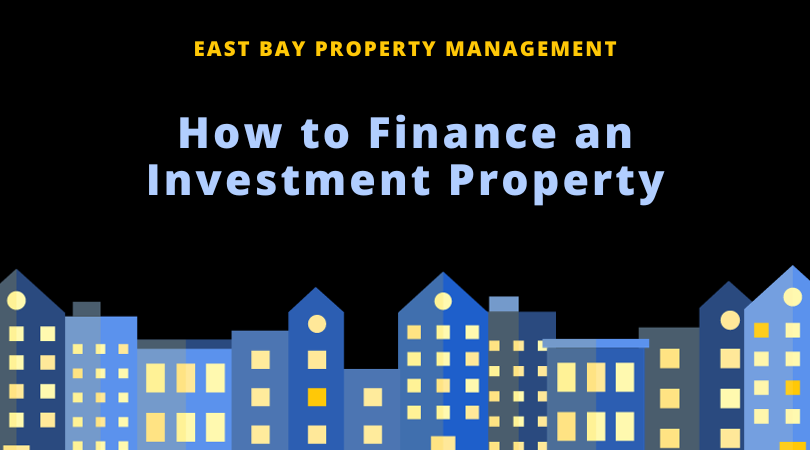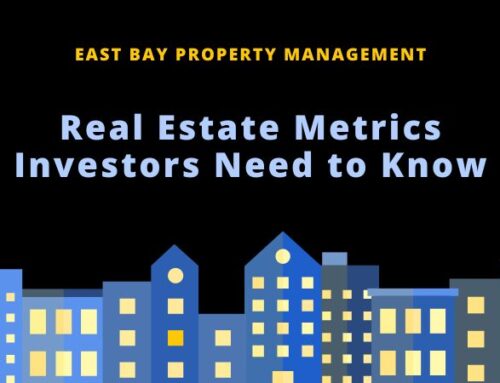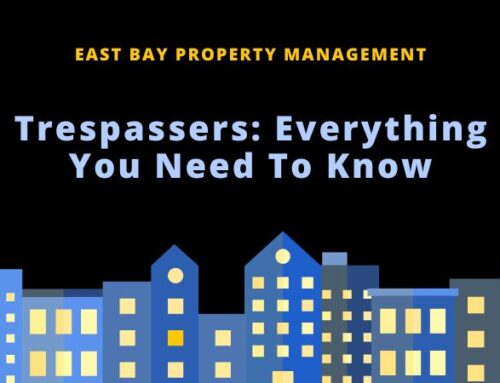Real estate investments can be highly lucrative. They allow you to earn a passive stream of income while growing your wealth and equity over time. Plus, the real estate market is relatively stable and offers a simple way to diversify your portfolio.
However, many investors are put off purchasing an investment property due to the rising cost of homes. However, you don’t need to have the full amount in cash to buy an investment property.
There are many ways to finance your real estate investments, from traditional mortgages to peer-to-peer lending and owner financing.
In this article, the experts at East Bay Property Management will go over the different financing options real estate investors can choose from, so that you can find the right choice for you!
Why Finance Your Next Investment Property
Many real estate investors prefer to finance their investment properties rather than pay them in cash. Why? Well, going this route has many benefits, including:
- Diversification. Because the upfront cost is low, your money won’t be tied up in a single investment. Instead, you can use the money you have left to invest in other properties or types of assets.
- Liquidity. Since you only use a small amount of money to cover the down payment and other closing costs, you can reserve some of your capital for emergencies or other investments.

- Investment growth. Financing allows you to buy more properties faster, as you can pay for each property over time. This is extremely helpful if you’re trying to grow your real estate portfolio quickly.
- Tax deductions. Mortgage interests are often tax-deductible. This can help you increase your earnings.
- Higher returns. If you make a good investment, the rental income of your property will exceed your mortgage payments. You’ll end up with a monthly positive cash flow that you can use for further investments.
- Hedge against inflation. Property values rise along with inflation. When you finance an investment property, you don’t have to worry about inflation because this will positively affect the value of your investment.
7 Ways to Finance an Investment Property
The most traditional way to finance an investment property is to get a mortgage. But you can finance your next real estate investment even if you don’t qualify for a traditional loan. Below are seven financing options you should consider if you plan to purchase an investment property.
-
Traditional Mortgage
Mortgages are the most common type of loan used to purchase real estate investments, whether it’s a home or land. With a mortgage, the bank will give you the money to buy a property, and you will repay it over time, along with interest.
In the event that you stop making payments, the property purchased will serve as collateral.

To qualify for a mortgage, you must meet specific requirements, including having a minimum credit score and a considerable amount of money saved for the down payment.
To increase your chances of getting approved for a mortgage, you can improve your credit and reduce your debt. You can also get pre-approved, as most lenders see this as a sign that you’re a responsible borrower.
-
Peer-to-Peer Lending
If you don’t want to go through the process of applying for a mortgage, you can try taking out a loan from a private lender instead. Ideally, lending money from family or a close friend is best.
However, there are also peer-to-peer forums online where you can find private lenders. Just keep an eye out for the loan’s interest rates and terms, as some private lenders can offer loans with downright predatory rates.
-
Owner Financing
While it’s not the norm, owner financing is an excellent alternative to traditional mortgages. Owner financing means that the seller finances the purchase directly with the buyer.
This type of arrangement can be advantageous for both parties since it eliminates the costs of an intermediary. However, not every seller might be willing to go this route.
-
Fix-and-flip loans
If you’re purchasing an investment property to flip it and resell it at a higher price, a fix-and-flip loan might be the best type of financing for you.

These loans are shorter than a traditional mortgage, which is perfect for house flippers. Plus, they often come with low interest rates and flexible terms.
-
Home Equity Loans
If you already own one or several properties, you can tap into your equity to purchase a new investment. Here are the financing options you can choose from:
- Home equity loans. These loans offer low interest rates, up to 30-year terms, and potential tax reductions. Plus, you can also use them for home renovations and debt consolidation.
- Home equity line of credit (HELOC). With a line of credit, you can borrow as much as you need, just like you would with a credit card. However, the rates are variable, meaning they can increase anytime.
- Cash-out refinance. This mortgage refinancing option lets you convert home equity into cash. Although it comes with a fixed rate, cash-out refinance often extends the life of the existing mortgage, meaning you end up paying way more than you borrow.
With these three options, you can borrow up to 80% of the property’s equity value. But you must consider the pros and cons before choosing one.
-
Personal Loans
Suppose you already have considerable savings and only need to borrow a small amount of money. In that case, you can consider using a personal loan or credit card to purchase your next investment property.
Just keep in mind that personal loans offer less money and higher rates than a traditional mortgage.
-
Life Insurance Policies
Most permanent or whole life insurance policies can be cashed out if needed. This means you can borrow against your policy to purchase an investment property.
The funds will be lower than you can get with a traditional loan, but it can be enough for a down payment, closing fees, or other unanticipated expenses.
Bottom Line
Financing is a great way to purchase investment property when you lack the funds to buy it outright.
There are many financing options available for real estate investors, including mortgages, home equity loans, peer-to-peer lending, and even cashing out a life insurance policy.
However, before choosing any of these options, you must take the time to consider the pros and cons. If you do this, you can ensure you make a solid investment!Are you looking for an investment property in the East Bay area? Contact EBPM today! We have years of combined experience working in the East Bay, CA, real estate market. And we’re ready to help you find the perfect property for your investment goals!






